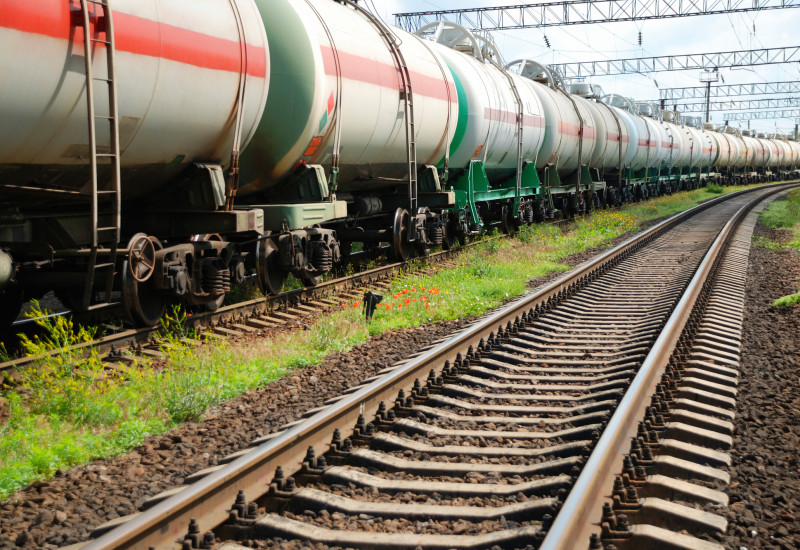Two years after two historic global agreements – the 2030 Agenda for Sustainable Development and the Paris Agreement on Climate Change – the World Resources Forum Association invites leaders from government, business, research and NGOs to Geneva to talk about how to accelerate the Resource Revolution. How should we manage, coordinate, finance, track progress, and communicate about it? read more










